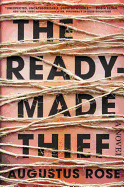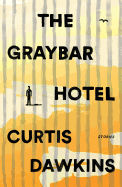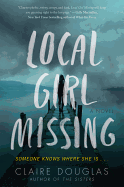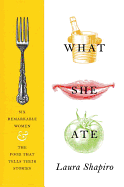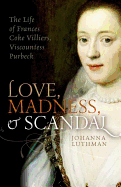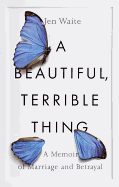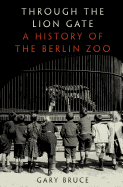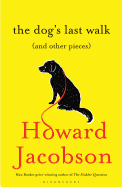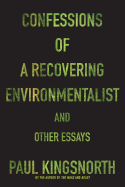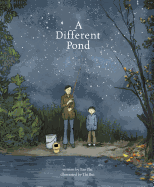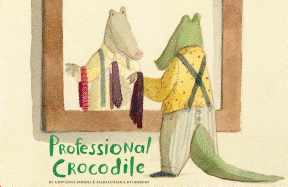 |
| photo: Nathanael Filbert |
Augustus Rose is a novelist and screenwriter. Originally from the San Francisco Bay area, he now lives in Chicago with his wife and son, and teaches fiction writing at the University of Chicago. The Readymade Thief (reviewed below) is his debut novel.
The word "readymade" was made famous by artist Marcel Duchamp, who presented found objects as "readymade" art. In The Readymade Thief, a secretive group called the Societé Anonyme reveres Duchamp and his creations. What made you choose Duchamp and his art as a primary focus for the novel?
I've been fixated on Duchamp since high school. So much of contemporary art traces a direct line to his work, yet he seemed to have very little ego invested in this fact. He had an effortless grace and elegance about him and just seemed vaguely amused by it all. Plus, I've always been drawn to the period he produced his greatest works, the 1910s--its aesthetics, its spirit, its sense of possibility and invention, the fact that provocation and scandal had real cultural relevance then--and Duchamp was right at the center of it. I have a tendency to write my obsessions into my fiction, one way or another, so it was only a matter of time before he became a subject. That said, I spent several years working around various misguided attempts to write a version of Duchamp as a character. But he was elusive and waggish as a person, and I found him just as hard to pin down as a subject. Nothing I wrote felt right. Finally I dropped the idea of writing about him specifically and decided to focus more on his legacy as an artist. After that decision the whole backdrop of the novel opened up exponentially and the novel began to take shape.
Without spoiling anything for readers, can you explain why you focused in on The Bride Stripped Bare by Her Bachelors, Even--a large artwork Duchamp worked on from 1915 to 1923. Did it capture your imagination in real life, or just suit your fictional purposes?
I've found that most people who've heard of Duchamp associate him mainly with his readymades, usually with Fountain, the urinal he signed and submitted to an art exhibition in 1917. And fair enough, that simple act changed the way we think about art. But it's The Bride Stripped Bare that captivated me from the first time I saw it. It's a towering work (both physically and historically), and possesses between the two panes of shattered glass that contain it a kind of encoded narrative reflecting the sexual dynamics between men and women. The work seems cold and mechanical on its surface but there's an erotic (and humorous) undercurrent beneath it--it's a Rube Goldberg contraption of unrequited desire. It's also the kind of work that opens itself up even further the more closely you examine it: revealing humor, psychology, narrative, allusions to scientific theory, and even, as some critics have noted, mysticism and alchemy. It's densely layered, inviting yet elusive, and impossible to pin down. So to answer your question: first it captured my imagination, but the more I looked into it, the more its layered meanings began to open up. For a novel focused on conspiracies, puzzles, and encoded meanings, it made the perfect centerpiece, and the more I examined it the more it started to help shape the book, in ways I never expected it to.
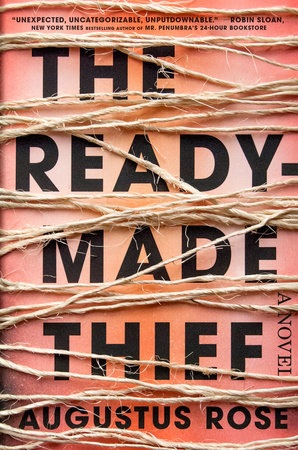 In the prologue, Lee, the main character, is at an abandoned aquarium in Philadelphia when she discovers she's pregnant. What made you decide to give an already vulnerable character this further struggle to contend with?
In the prologue, Lee, the main character, is at an abandoned aquarium in Philadelphia when she discovers she's pregnant. What made you decide to give an already vulnerable character this further struggle to contend with?
The novel emerged with the image that's now that prologue--a young woman alone in an abandoned aquarium, staring into a Cambrian-age diorama at a note that's been inexplicably left for her to find. Lee wasn't pregnant when I first wrote that scene. In fact, I didn't realize she was pregnant until I was halfway through the first draft, after which I had to go back and rewrite a lot of it. I think the reason I did that is twofold. First, my wife became pregnant with our son around this time, and so pregnancy was suddenly very much a part of my life, and so that's probably how the idea first got planted. But more than that (and this is something I only realized later) narratively and thematically it became necessary. Lee's main internal struggle is that she feels alone in her life, that there's no one she trusts enough to connect to. But being alone is also her safe space, and this unwanted passenger growing inside of her threatens that. It forces her to contemplate a life outside of herself, where trust is suddenly directed the other way. These kinds of inner character struggles are the heart of any story, and Lee's pregnancy provided something physical and immediate to embody that.
And speaking of Lee, we see the world of The Readymade Thief through her young, disillusioned, and yet surprisingly hopeful eyes. Is it difficult to write through the lens of an adolescent female?
I actually found it surprisingly easy. For better or worse, I have a fairly direct line to my adolescent self--the confusion, the self-doubt, the roiling, un-articulable needs--it all still seems very graspable to me. There's so much of my own adolescent self in Lee--the feeling of being invisible, of finding solace in it but yearning at the same time to be seen, the insularity, the disconnection--I just had to find it again and use it. (Though Lee is much more courageous, determined and resourceful than I ever was.) I honestly never thought too much about gender, and how to represent a female consciousness as opposed to a male. If I was at all successful with this, then I owe it to Lee herself, because for the most part I was simply following her lead.
But in addition to this, in terms of Point of View, the narrative distance of the novel accordions in and out as needed, so sometimes we are right inside of Lee, while other times we are further away, more observers than passengers. This allowed me to occupy her head when the story called for more intimacy or immediacy, but also to allow for a more distant (and experienced) perspective than Lee herself would be capable of. --Jessica Howard, blogger at Quirky Bookworm
Augustus Rose: On Art and Alchemy in Fiction
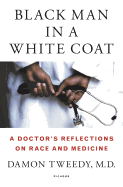 In Black Man in a White Coat, social justice meets memoir meets medicine, as Dr. Damon Tweedy recalls his experience facing racism and bias in the American medical system--as a professional, in his interactions with patients and as a patient himself following a diagnosis of a chronic disease.
In Black Man in a White Coat, social justice meets memoir meets medicine, as Dr. Damon Tweedy recalls his experience facing racism and bias in the American medical system--as a professional, in his interactions with patients and as a patient himself following a diagnosis of a chronic disease. 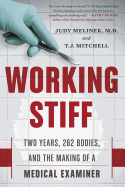 Judy Melinek set out to be a surgeon, going so far as to complete medical school and start a residency program before realizing the job was not for her. She puts her scientific knowledge to work as a forensic pathologist now, and details her experiences working as a medical examiner in Working Stiff. (For a different take on what happens to our bodies post-death, Tom Jokinen's Curtains: Adventures of an Undertaker-in-Training details the specifics of embalming and decomposition, while Caitlin Doughty uses her experience working in a mortuary as a lens through which to explore various bits of research around death rituals throughout history in her memoir, Smoke Gets in Your Eyes.)
Judy Melinek set out to be a surgeon, going so far as to complete medical school and start a residency program before realizing the job was not for her. She puts her scientific knowledge to work as a forensic pathologist now, and details her experiences working as a medical examiner in Working Stiff. (For a different take on what happens to our bodies post-death, Tom Jokinen's Curtains: Adventures of an Undertaker-in-Training details the specifics of embalming and decomposition, while Caitlin Doughty uses her experience working in a mortuary as a lens through which to explore various bits of research around death rituals throughout history in her memoir, Smoke Gets in Your Eyes.)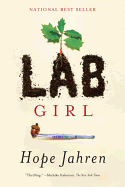 Lab Girl moves away from human life (and death) to look at plant life. Hope Jahre is a geobiologist who has dedicated her life to the study of plants, trees and soil (and has received three Fulbright Awards). In Lab Girl, she writes with heart about her research, her relationship with her lab partner and her love of nature--and includes plenty of scientific detail about plants and dirt along the way. --Kerry McHugh, blogger at Entomology of a Bookworm
Lab Girl moves away from human life (and death) to look at plant life. Hope Jahre is a geobiologist who has dedicated her life to the study of plants, trees and soil (and has received three Fulbright Awards). In Lab Girl, she writes with heart about her research, her relationship with her lab partner and her love of nature--and includes plenty of scientific detail about plants and dirt along the way. --Kerry McHugh, blogger at Entomology of a Bookworm



 In the prologue, Lee, the main character, is at an abandoned aquarium in Philadelphia when she discovers she's pregnant. What made you decide to give an already vulnerable character this further struggle to contend with?
In the prologue, Lee, the main character, is at an abandoned aquarium in Philadelphia when she discovers she's pregnant. What made you decide to give an already vulnerable character this further struggle to contend with?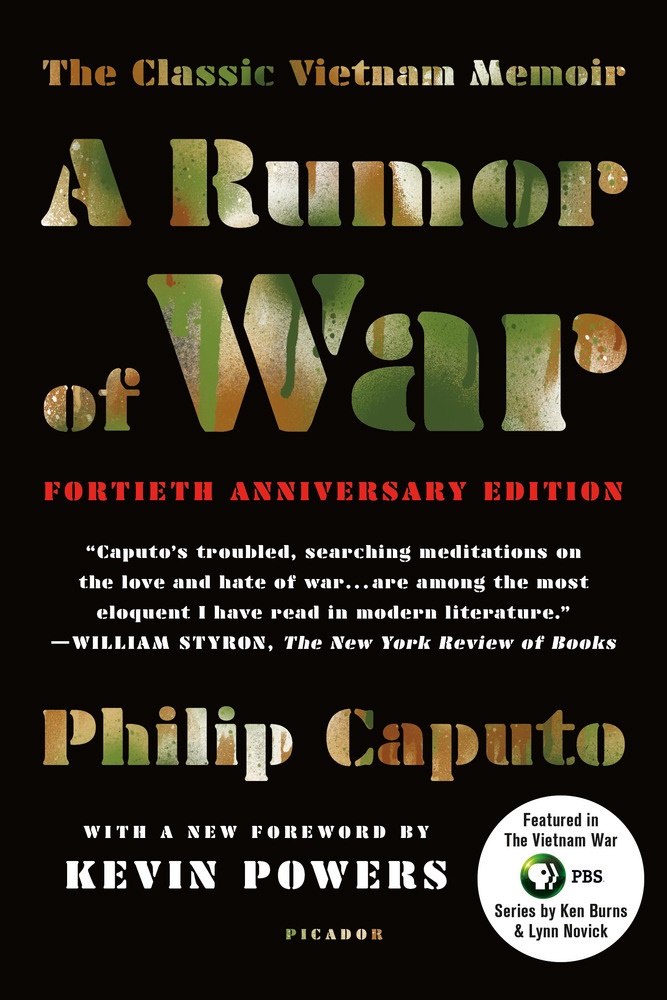 Lieutenant Philip Caputo arrived in Danang on March 8, 1965 as a member of the Marine Corps' 9th Expeditionary Brigade, the first regular troops sent to fight in Vietnam. His experiences during the war, both commanding on the front lines and among out-of-touch officers in the rear, are the basis of his classic 1977 memoir, A Rumor of War.
Lieutenant Philip Caputo arrived in Danang on March 8, 1965 as a member of the Marine Corps' 9th Expeditionary Brigade, the first regular troops sent to fight in Vietnam. His experiences during the war, both commanding on the front lines and among out-of-touch officers in the rear, are the basis of his classic 1977 memoir, A Rumor of War.